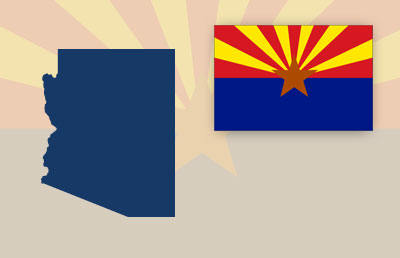Arizona Adopts Online Notarization Provisions

Arizona has enacted several provisions regarding online notarization procedures. These provisions are effective as of June 30, 2020.
Journal Keeping
Under the previous provision, a notary public is required to keep a paper journal wherein all notarial acts shall be recorded in chronological order. Notary publics are required to keep public and non-public entries in two separate journals. A new provision specifies that if only one journal is kept by a notary public, that journal is presumed to be a public record.
Suspension, Denial, and Revocation of Commission
Another new provision was added to Section 41-330, which sets out the actions available for the Sectary of State to take against a notary public who acts out of compliance with the Act. This new provision adds that the Secretary can order a notary public to attend a notary training course instead of or in addition to a suspension of his or her commission.
Additionally, a new provision has been added which states that a person who has appealed the denial of his or her application for commission may not submit a new application while the appeal is pending.
In cases where a notary’s commission has been revoked, an applicant may not submit a new application for a notary commission within one year of the date of revocation.
Electronic Signatures and Seals
A new provision states that a notary public is required to attach his or her electronic signature and electronic seal to each notarial certificate using a tamper-free format. A notary public is expected to take reasonable steps to protect his or her electronic seal from unauthorized use. In cases where a notary has actual knowledge of unauthorized use, the notary shall immediately notify an appropriate law enforcement agency and the Secretary of State.
Identification of Remote Signors
In performing an online notarization, a notary public must reasonably confirm the identity of the remotely located signor of the document. Identity of an individual can be verified through personal knowledge, identification credentials, or the oath or affirmation of a credible witness with personal knowledge of the signor.
A notary public is permitted to ask for additional identifying information from any individual and may refuse to perform a remote online notarization if the notary is not satisfied as to the identity of the remote signor.
For the full text of Senate Bill 1030, please refer to https://legiscan.com/AZ/text/SB1030/2019
Elizabeth Dailey, JD, is a Regulatory Compliance Director with CLA. She is a graduate of the University of New Hampshire and earned her juris doctor at New England Law. She is admitted to the Massachusetts Bar.

Comments are closed.